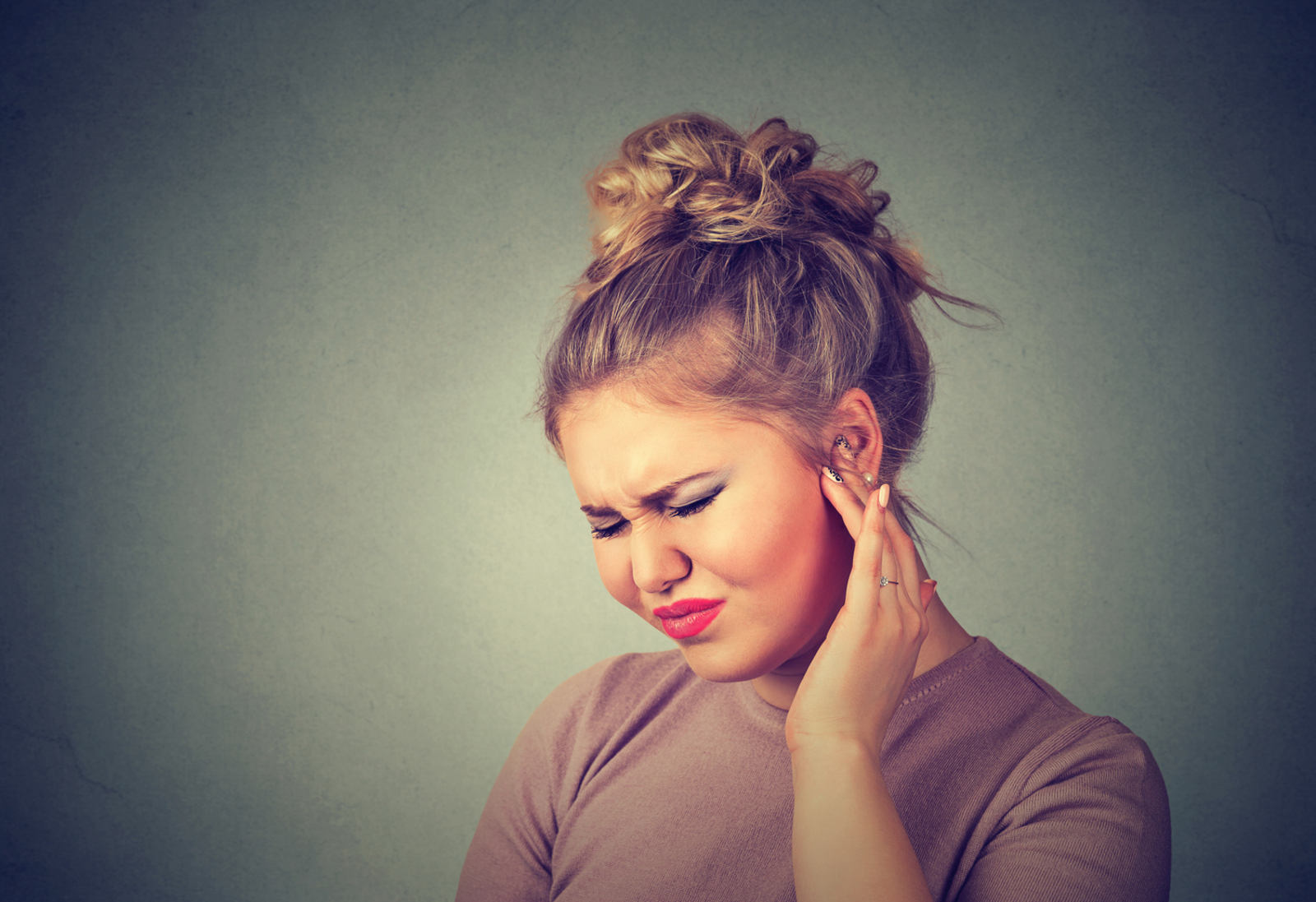
Common Causes of Tinnitus
Tinnitus is commonly described as a ringing, buzzing, or clicking noise that has no external source—other people cannot hear it. If it is very bothersome, some individuals choose to get hearing aids or cochlear implants to improve symptoms. There are many possible causes for tinnitus, and some individuals are more at risk than others; for example, those who work in loud environments and don’t use hearing protection, older individuals that are losing hearing function, and those who smoke are all more likely to develop tinnitus. Here are the most common causes of tinnitus:
1. Hearing loss
As mentioned, elderly individuals are more at risk for developing tinnitus as they lose their hearing functions. Hearing loss occurs naturally as you age—there are tiny hairs in your cochlear that receive sound waves and then trigger electrical signals to your brain to interpret sound, but as you age or are exposed to noise, these hairs become bent or broken. Damaged hairs can ‘leak’ random electrical signals to your brain, which is what causes tinnitus.
2. Head or neck injuries
Injuries or trauma to the head or neck can impact and harm your cochlear, brain function linked to hearing, or hearing nerves. Any damage to these areas can result in tinnitus, and with this kind of cause, it typically only affects one ear.
3. Ear infection or canal blockage
Ear infections may result in a buildup of fluid and any canal blockage, like earwax, debris, or other foreign materials, can actually change the pressure within your ear that can then result in tinnitus.
4. Medications
Certain medications can be the cause of tinnitus, or if you already have tinnitus it can worsen symptoms, and it is often reported with medications like nonsteroidal antiinflammatory drugs, antibiotics, cancer drugs, antidepressants, and more. Luckily, with the discontinuation of taking these drugs, tinnitus should go away.
5. Disorders and chronic conditions
Some disorders and chronic conditions, like Meniere’s disease, head and neck tumors, blood vessel disorders, diabetes, thyroid problems, migraines, anemia, and more, can cause tinnitus. Whether these disorders or conditions change ear pressure, impact areas that control hearing, or cause blood flow changes, they can all result in issues associated with tinnitus.
6. Temporomandibular joint (TMJ) problems
The TMJ is a joint that connects your jaw and skull. If the TMJ becomes inflamed due to an issue associated with the joint, it can affect the stabilization of the eardrum, resulting in pain and noise associated with tinnitus.


